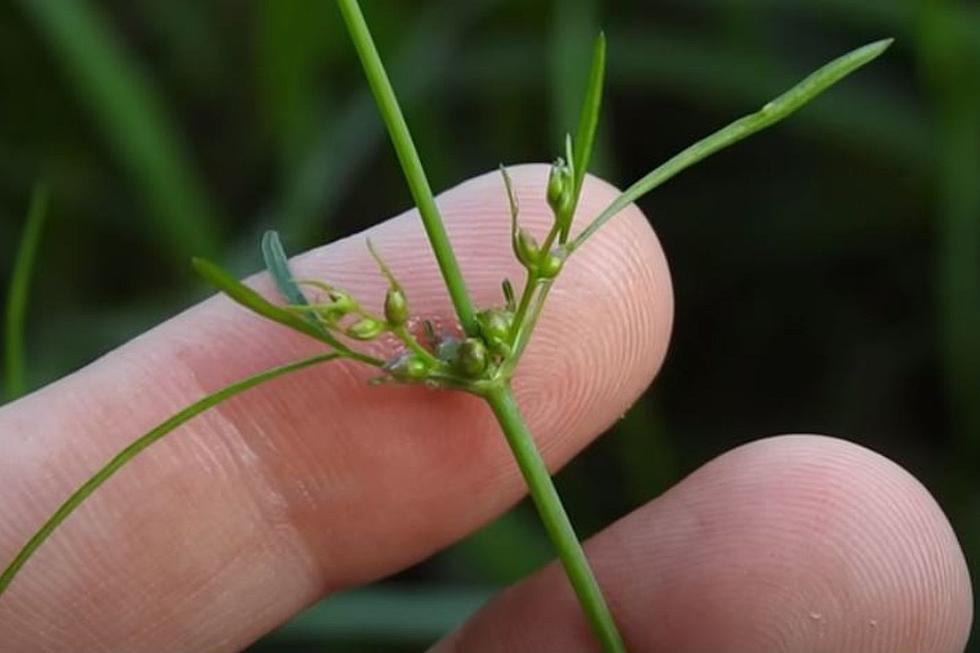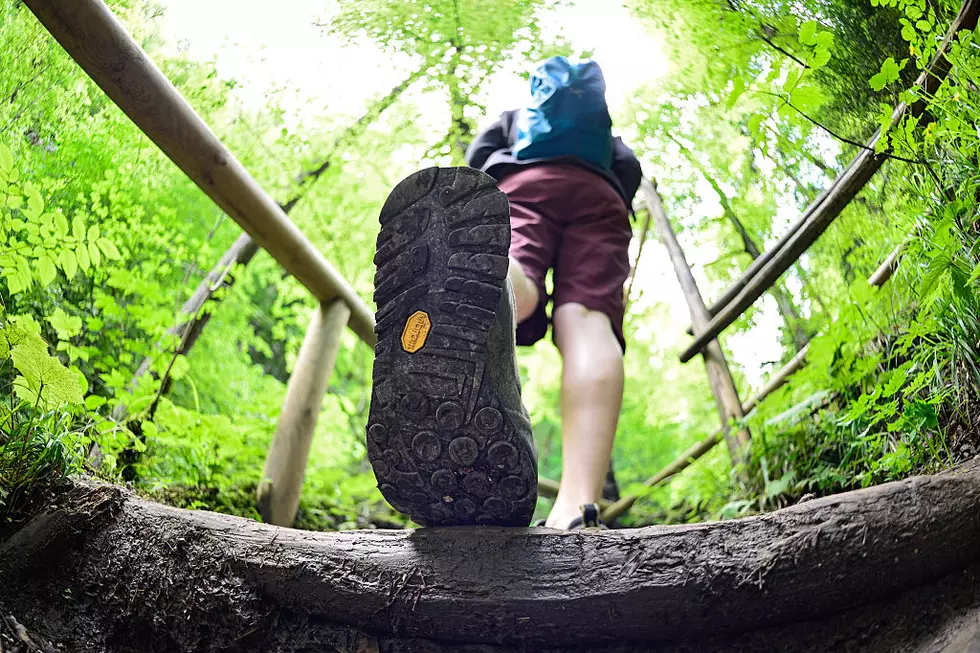
North America’s ‘Most Toxic’ Plant Can Be Found in Massachusetts
Massachusetts is a prime state for exploring the outdoors whether it's walking, biking, swimming, boating, or hiking there is much nature to discover in the Bay State. Areas like the Quabbin Reservoir, Mount Greylock, and Wachusett Mountain are all popular locations that attract hikers. With spring right around the corner, folks are coming out and droves to soak in the beautiful natural attractions that Massachusetts is known for.

When enjoying the outdoors in Massachusetts it's always a good idea to keep away from plants that you may not be familiar with. While some people can recognize Poison Ivy and Poison Sumac and the symptoms that come along with those dangerous plants including skin irritation and allergic reactions in humans and animals, there is one particularly toxic plant that can be found in Massachusetts and throughout North America.
North America's 'Most Toxic' Plant Can Be Found in Massachusetts
According to several sources including the United States Department of Agriculture (USDA) Water hemlock is the most violently toxic plant that grows in North America. Only a small amount of the toxic substance in the plant is needed to produce poisoning in livestock and humans. A reminder this plant can be found in Massachusetts, particularly in marshes, shorelines, and shallow water. Not only is this case for Massachusetts but WaterHemlcok can be found in all New England States.
What Will Happen If You Come in Contact With This Toxic Plant?
If the toxins from Water Hemlock get into your body you could suffer from seizures, respiratory failure, and death. This goes for animals too. According to the USDA, the growing season for Water Hemlcok is in the spring. In the higher elevations, water hemlock flowers in June or July. Livestock usually show signs of poisoning 15 minutes to 6 hours after they eat the plant; they may die within 15 minutes to 2 hours after signs appear. It's important to know that Water Hemlock comprises multiple species which you'll learn more about in the YouTube video below.
LOOK: 11 tick-borne illnesses and what to watch out for during your outdoor adventures
Gallery Credit: Martha Sandoval
Plant Some Of These In Your Garden to Keep Mosquitoes Away
Gallery Credit: Michelle Heart
LOOK: 20 of the biggest insects in the world
Gallery Credit: Andrea Vale
More From WFHN-FM/FUN 107









